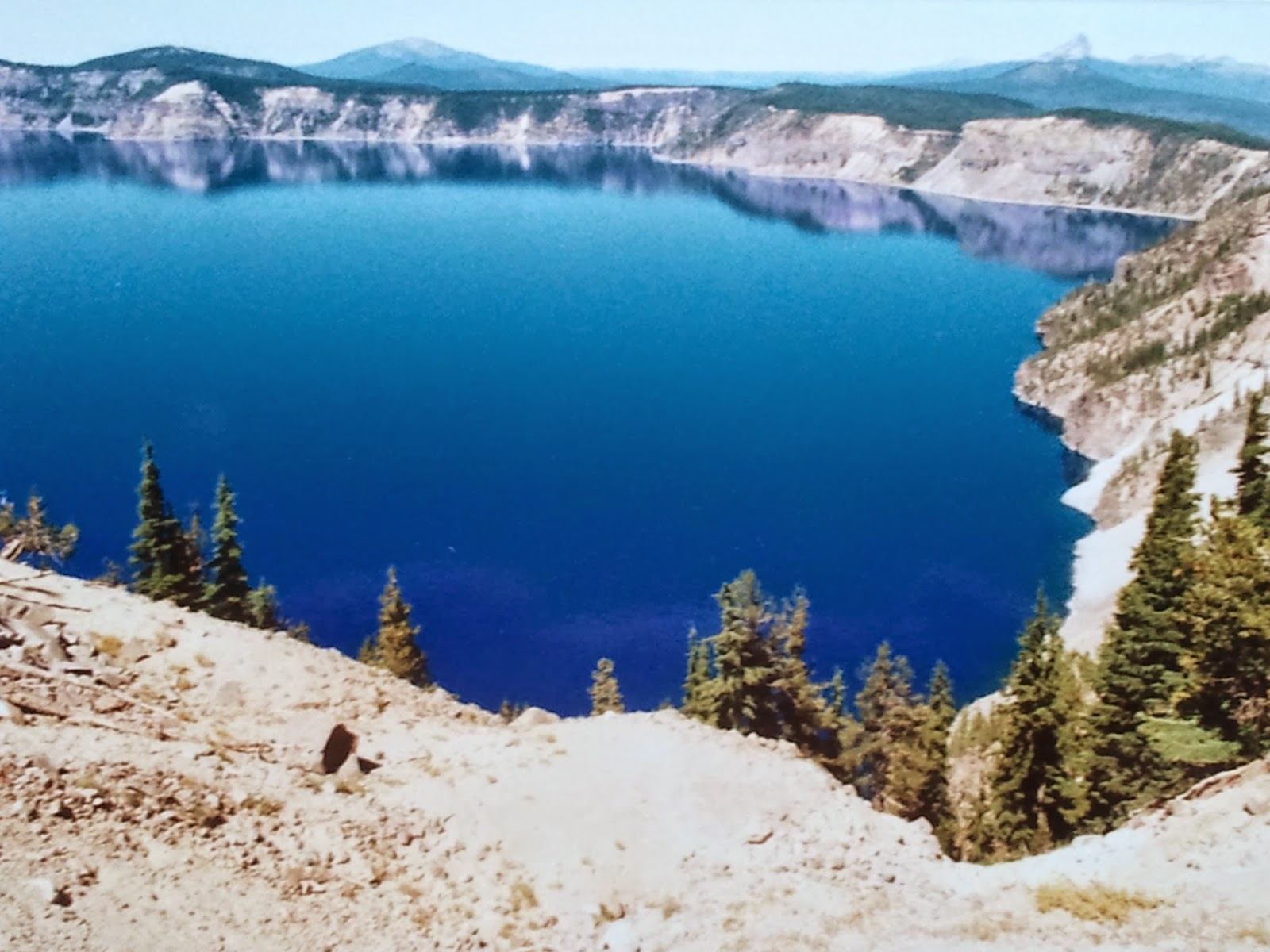Much has been said about Satya Nadella’s answer
in an interview in October.
What do I have to write? I’m not sure.
At the end of a lively interview on stage at the Grace Hopper Celebration of Women in Computing Conference in Phoenix, Maria Klawe (Harvey Mudd College President and Board Member at Microsoft) asked Satya Nadella (CEO of Microsoft) what his advice is for women who were not comfortable with asking for a raise or promotion or putting themselves up for opportunities.
 |
| (From the 2014 Grace Hopper Celebration website) |
In response, Nadella
remembered Mike Maples, who was President of Microsoft, who said how all human
resource systems were ‘long term efficient and short term inefficient.’ He
continued -
It’s not about asking
for the raise, but knowing and having faith that the system will actually give
you the right raises as you go along… And that, I think might be one of the
additional superpowers that quite frankly women who don’t ask for a raise have.
Because that’s good karma. It’ll come back because somebody’s going to know
‘that’s the kind of person that I want to trust. That’s the kind of person I
want to really give more responsibility to.’ And in the long term efficiency,
things catch up. And I wonder… And I’m not saying that’s the only
approach.
I wonder whether taking
the long-term helps solve for what might be perceived as this uncomfortable
thing of ‘hey, am I getting paid right? Am I getting rewarded right?’ Because
reality is your best work is not followed with your best rewards. Your best
work then has impact, people recognize it and then you get the rewards so you
have to somehow think that through, I think.
Klawe said that this answer was one issue she disagrees with Nadella. She said that she always felt uncomfortable asking things for herself, and was much better at rewarding people who work for her.
Naturally, right away there was much disagreement with Nadella's answer in the media. (He later sent a memo to his company with a correction. It also said "...If you think you deserve a raise, you should just ask.")
*****
Some thoughts from when I was in tech workforce-
One should be able to bring up the issue of raise or pay
scale for fair review at any time. We use our judgment, right?
While equal pay for equal work is central, it is also
about being given equal opportunities for accessing similar quality of work,
for equal qualifications at the same job grade. (This was somehow difficult on so many levels).
And it is about being judged and respected in an equal way. Or we won’t even get to the point of having faith in ourselves to clear doubts about fair pay or opportunity.
And it is about being judged and respected in an equal way. Or we won’t even get to the point of having faith in ourselves to clear doubts about fair pay or opportunity.
All this with the background of likely coming from unequal foundational
playing-fields and while likely navigating such fields outside of work.
Maybe now there are bigger pockets in
industry which are fair? Where all good things
can eventually add up?
But even in such pockets of fairness, personal dispositions
vary and company cultures vary. An individual requesting a pay review or not
asking, are still choices. One should be able to make this choice without
automatic tags of sainthood or aggressor for either gender. Which brings us to
the karma.
(Also, the observations “long term efficient, short-term
inefficient” and “best work is not followed by your best rewards” are true in
many areas? Too much inefficiency in the short term (or long term) can't be good in any system).
****
Then the karma. Ah, the karma. Karma doesn’t work like that! At least not the way I understand. I see didn't see anyone write about this.
Karma by itself has no quality, good or bad (contrary to generally
accepted views and popular use).
Say if you're plodding along and think- Oh, I’m doing
good work. Poof. The karma value can be gone (because you claimed it as good. It is about you)
But then, what if one thinks while working- Oh, what I’m
doing isn’t good at all. I’m being bad.
Will the karma value still disappear?
It depends, says core philosophy (does not depend on gender. Or race or age or monies or intellect or species.. the field is nicely level).
It depends, says core philosophy (does not depend on gender. Or race or age or monies or intellect or species.. the field is nicely level).
We can’t rely on a karma positive feedback loop to
touch us. We shouldn’t rely on something whose mechanism of cause and effect,
if any, isn’t easily tangible.
*****
But what is tangible is inequality. It is still present in varying degrees in many aspects, in the lives of one-half of us. (Also for the many marginalized).
What happened as an unforeseen result of the interview was the heated discussions brought to harsh light of reality the gaps and
blocks in pay-equality, once again. Maybe something good will come out of this. Maybe it
was good karma.
Err.
*****
Note: The video of the interesting interview is here. It starts at 48 mins and this conversation is at about 1 hr:34 mins.




